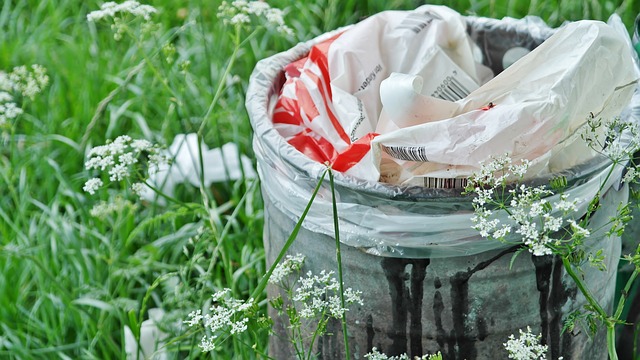Plastics disposal is one of the major unsolved problem till date which is contributing to the Climate Change and Pollution. The Plastics which are not disposed joining food chains causing Bio Amplification. A recent study conservatively estimated that 5.25 trillion plastic particles weighing a total of 268,940 tons are currently floating in the world’s oceans. In present day world, on an average a North American or Western European is using 100 kilograms of plastics while a person from Asia is using 20 kilograms per year mostly for packaging purpose according to a report.
According to a WORLD WATCH Institute Analysis,
The Guardian report said that in lab tests conducted at the Cambridge University, researchers discovered that 100 worms can "devour" 92 milligrams of polyethylene in as little as 12 hours.
The extraordinary eating habits of the worm could prove beneficial for the environment and for all the living beings on earth.
Cambridge University's Paolo Bombelli, first author of the study, said, "If a single enzyme is responsible for this chemical process, its reproduction on a large scale using biotechnological methods should be achievable," reports CNN.
Sources: India Today, World Watch
 |
| Plastic Disposal |
According to a WORLD WATCH Institute Analysis,
- About 4 percent of the petroleum consumed worldwide each year is used to make plastic, and another 4 percent is used to power plastic manufacturing processes.
- In Europe, 26 percent, or 6.6 million tons, of the post-consumer plastic produced in 2012 was recycled, while 36 percent was incinerated for energy generation. The remaining 38 percent of post-consumer plastics in Europe went to landfills.
- In the United States, only 9 percent of post-consumer plastic (2.8 million tons) was recycled in 2012. The remaining 32 million tons was discarded.
The Guardian report said that in lab tests conducted at the Cambridge University, researchers discovered that 100 worms can "devour" 92 milligrams of polyethylene in as little as 12 hours.
The extraordinary eating habits of the worm could prove beneficial for the environment and for all the living beings on earth.
Cambridge University's Paolo Bombelli, first author of the study, said, "If a single enzyme is responsible for this chemical process, its reproduction on a large scale using biotechnological methods should be achievable," reports CNN.
Sources: India Today, World Watch